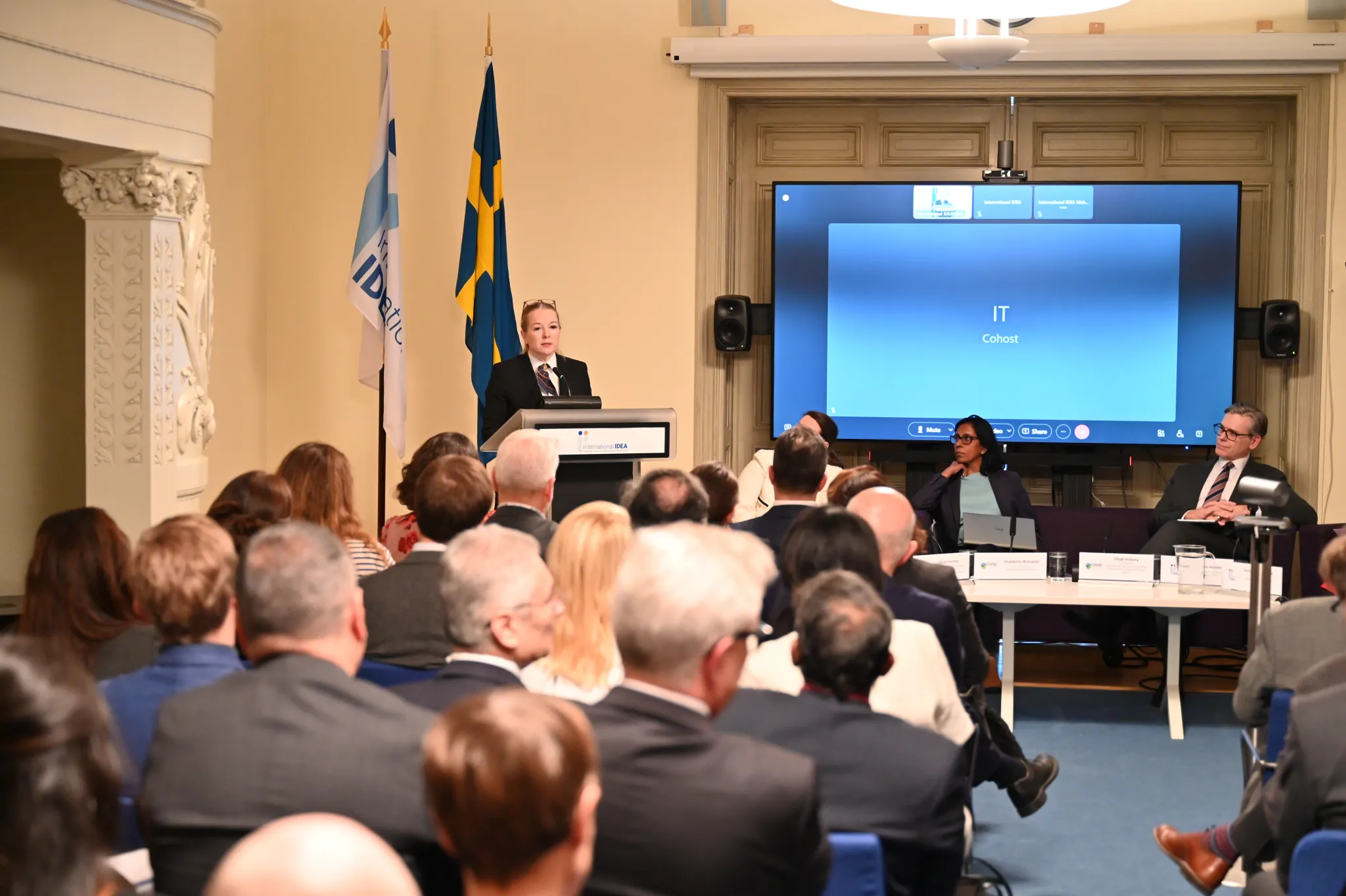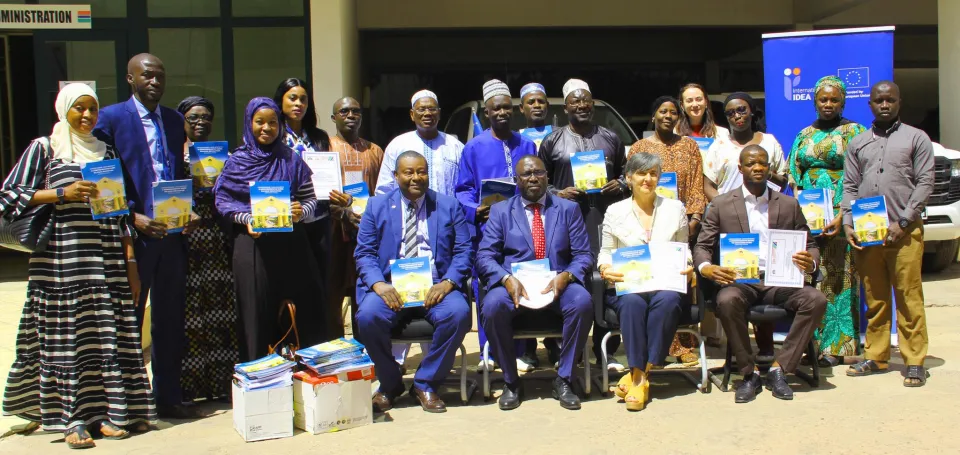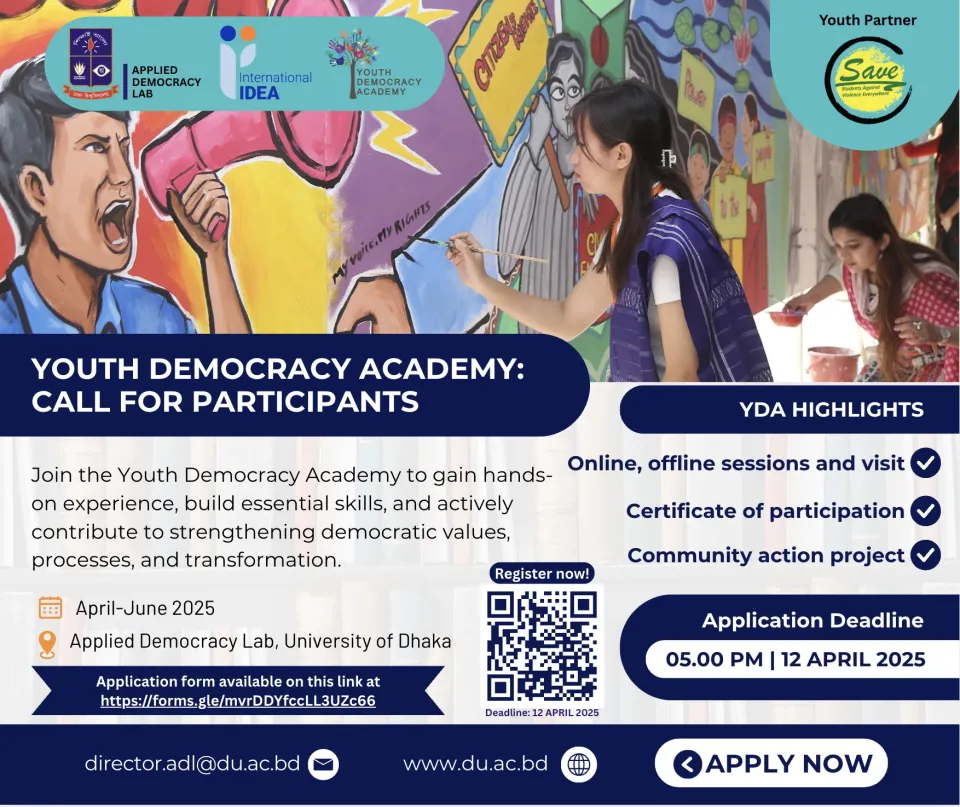
In 2024, half of the world’s adult population will vote in 62 national and local elections around the world, marking a historical record. On occasion of the gathering at International IDEA Headquarters of partners of the newly formed Global Network for Securing Electoral Integrity (GNESI), initiated by USAID and electoral assistance organizations around the world, International IDEA hosted a public event in its headquarters in Stockholm on 7 March, together with Sweden and members of the GNSEI. The event took stock of the implications of the 2024 super electoral cycle year for democracy globally and across different regions of the world. The event also provided an opportunity to publicly share a commitment to supporting the “Conditions for Free Elections”, a collaborative effort between International IDEA, SIDA and the Swedish MFA.
The event kicked off with an overview of the 2024 electoral panorama provided by International IDEA Secretary-General Kevin Casas-Zamora. He pointed out that the wave of elections comes as democracy faces growing pressure from autocratic influence, digital disruption and distortion, political polarization, public mistrust in governments and democratic institutions, and voter cynicism about democracy itself. Into this toxic mix, he added, comes the resurgence of geopolitical tensions and outright war, as well as the economic and social shifts that are needed to mitigate and adapt to climate change. Sweden’s State Secretary to the Minister for International Development Cooperation and Trade, Ms Diana Janse then emphasized the role of Sweden as a key donor of electoral assistance globally and the issues at stake for democracy during this critical year of elections. She also pointed out that democracy needs to be increasingly linked to debates about national security, in reference to the changing geopolitical environment in Europe and beyond and Sweden’s recent accession to NATO.
A panel discussion followed with GNSEI experts from the International Foundation for Electoral Systems (IFES), the Asian Network for Free Elections, International IDEA and UNDP. They noted that elections in 2024 are taking place against a backdrop of globally high levels of distrust in public institutions and politicians and extreme levels of information pollution and gendered disinformation including online violence against women in politics. They also shared their concerns regarding the decline in the overall health of democratic processes, shrinking civic space, disregard for rule of law and a weakening of independent institutions in many countries and regions of the world.
They also noted a disillusionment among younger people about politics, democracy and elections overall. However, they also noted region-specific issues and the need to consider the political context of elections, with Asian elections taking place in countries of disparate levels of democratic development, ranging from authoritarian regimes to hybrid regimes, to countries that are more advanced in their path towards democratic consolidation. They pointed out vote buying and the perpetuation of political dynasties as impediments to democratic consolidation in the region. Africa also presents a range of democratic and non-democratic contexts, with elections in 2024 taking place against a backdrop of unconstitutional coups and increased questioning of the capacity of democracies to deliver for their citizens. However, the large share of the young voting population eligible to vote in this year’s elections also presents unprecedented opportunities for democratic renewal in the region.
The panelists also noted the important role international, regional and local electoral assistance organizations play in helping to build an enabling environment for elections with integrity and to support more inclusive electoral processes, strengthening the capacities of youth, women, LGBTQ+ groups and other marginalized groups to participate in elections.




